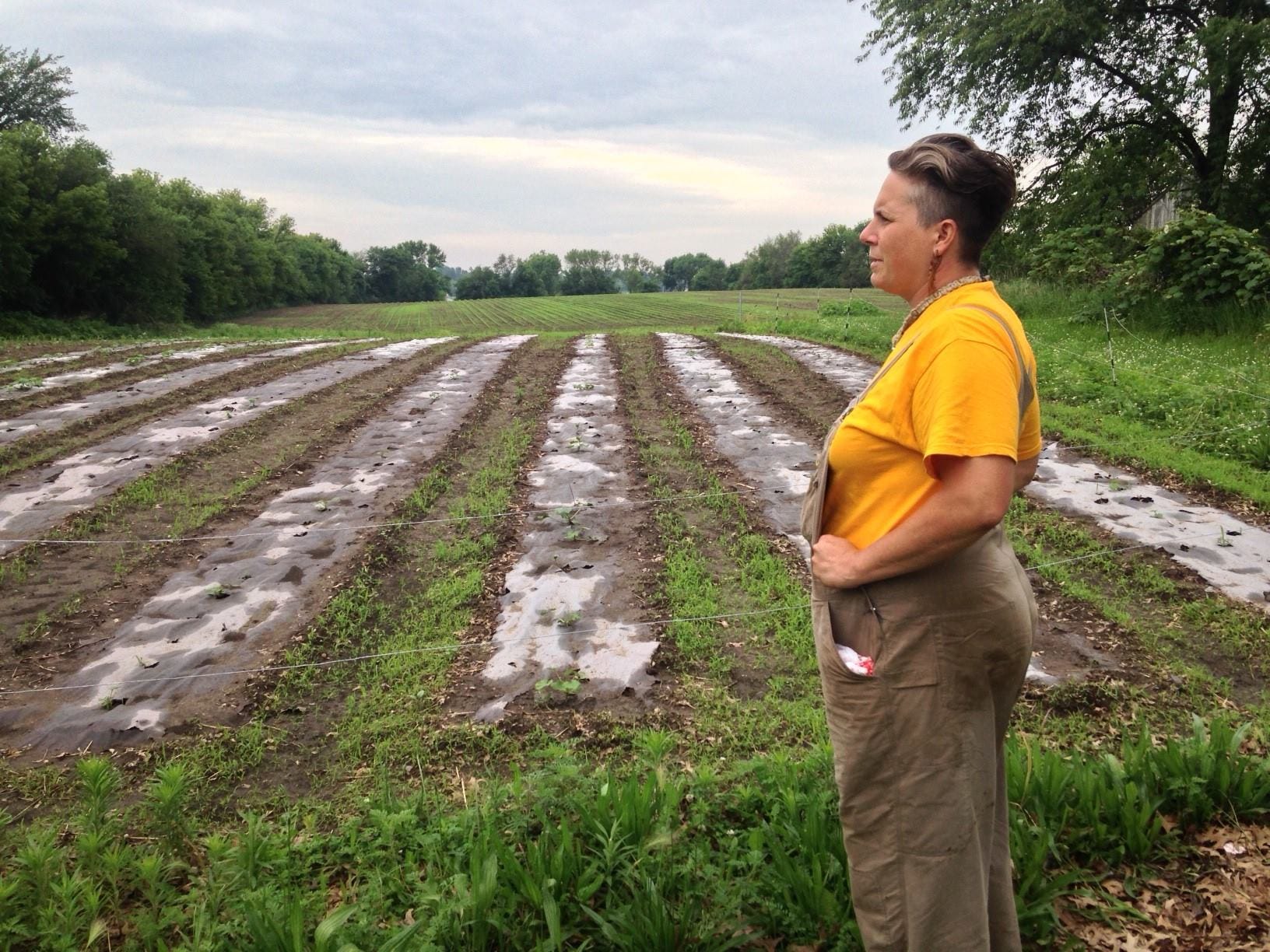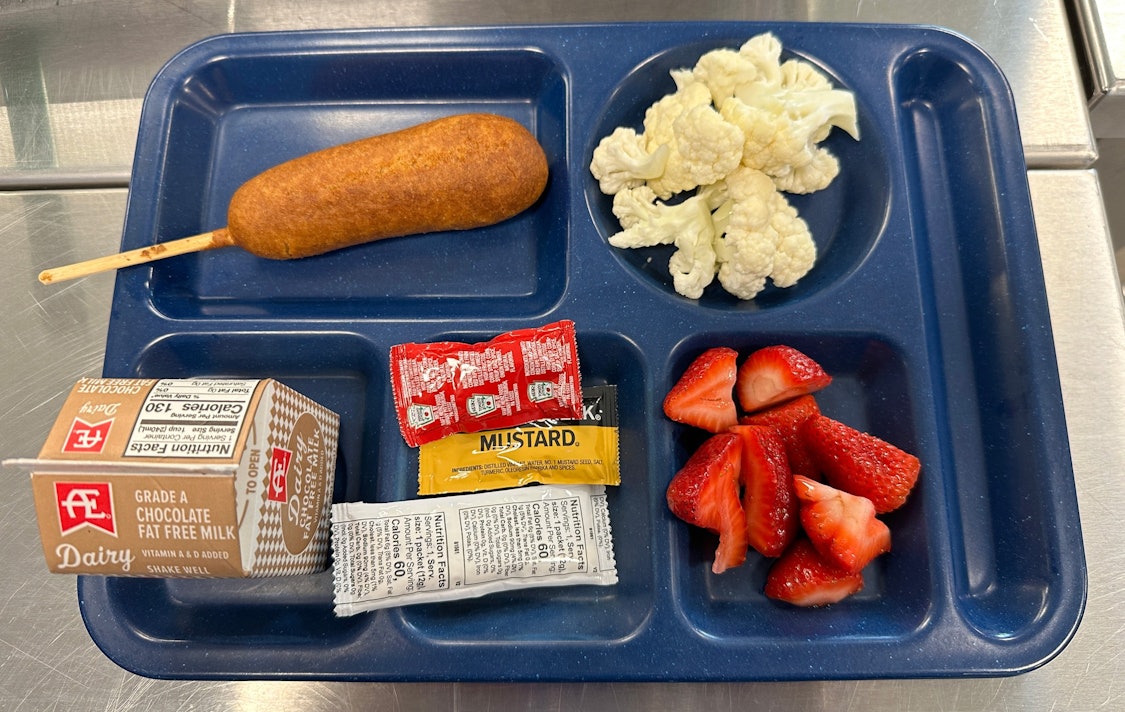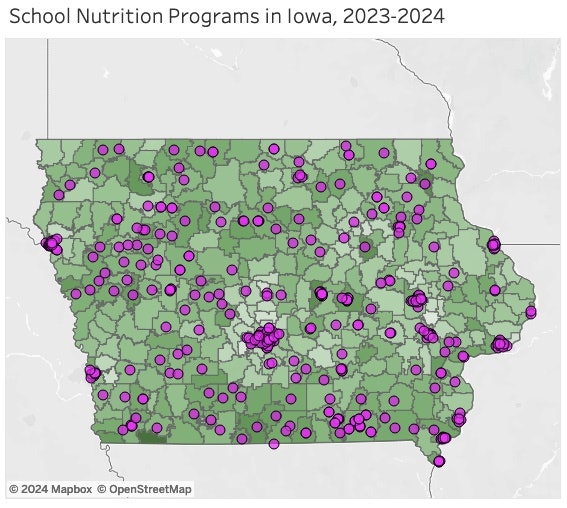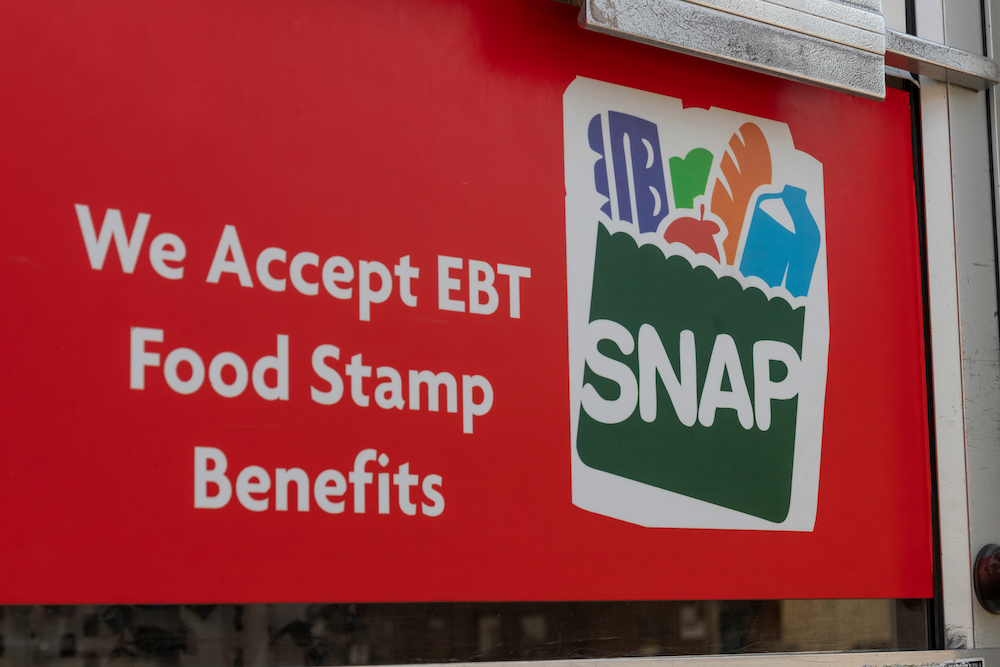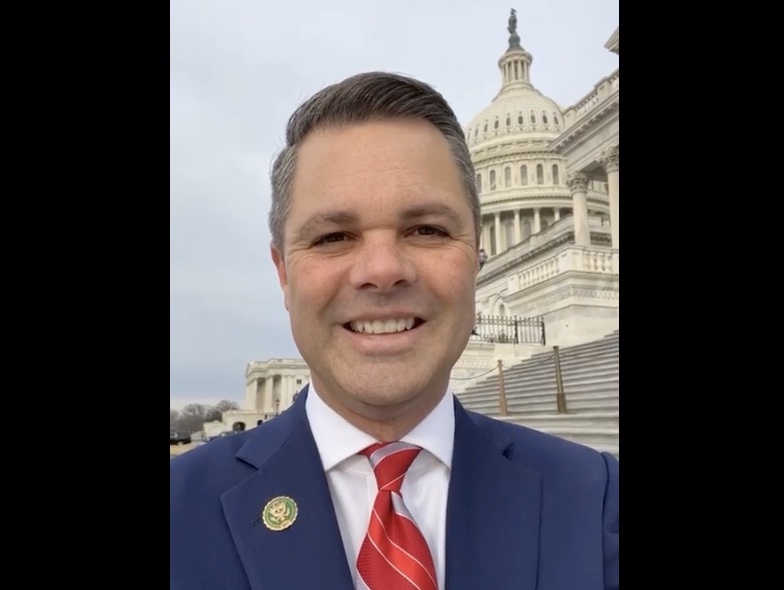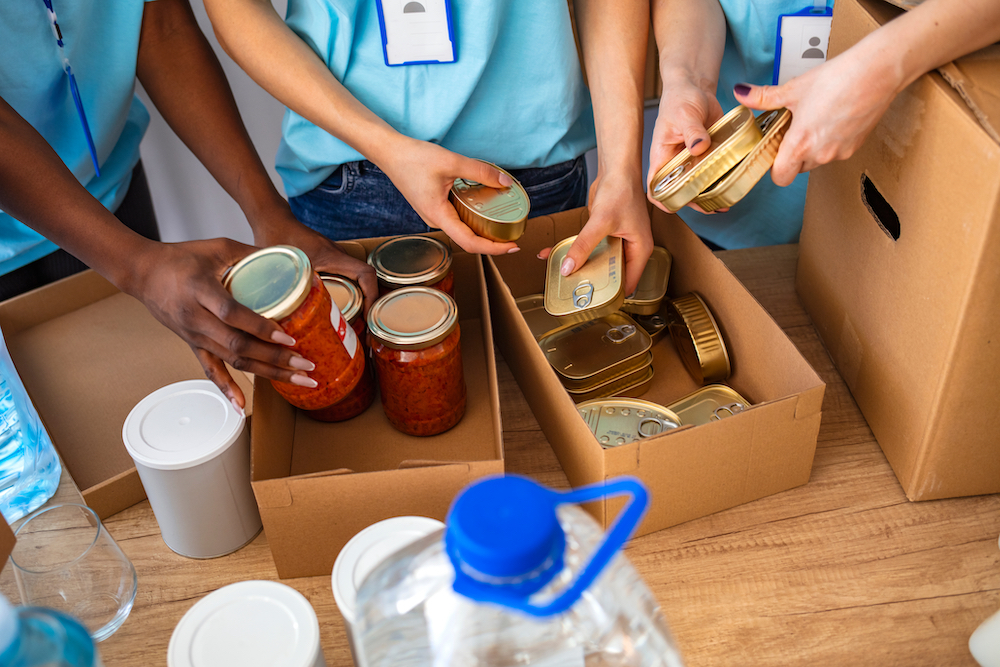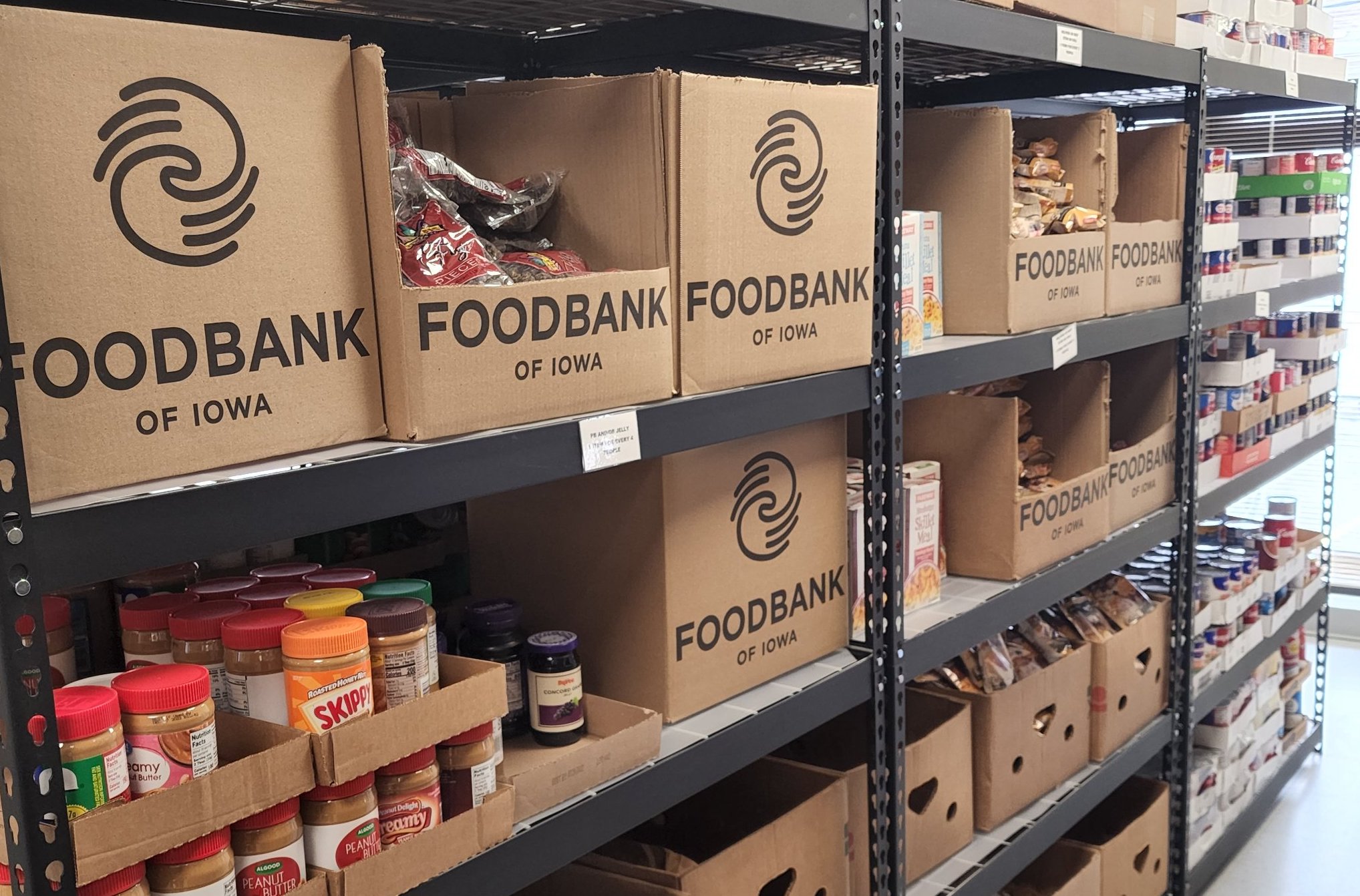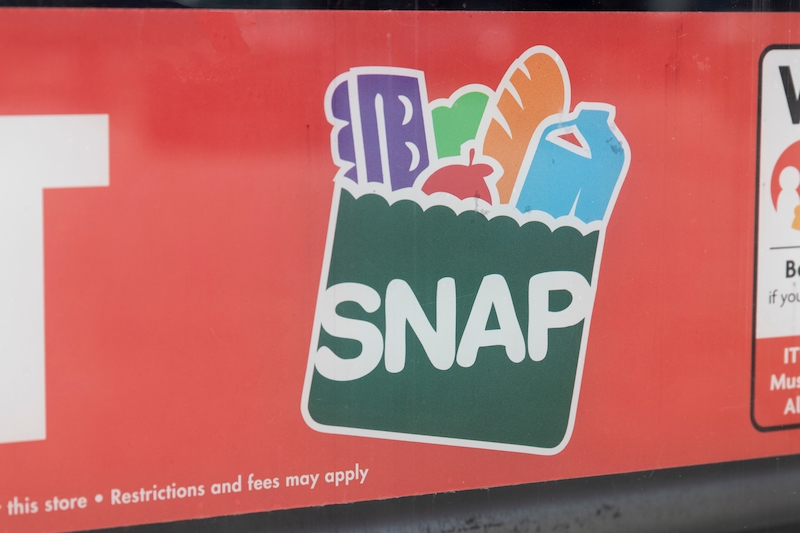All four Iowans in the U.S. House voted on May 22 to pass a federal budget reconciliation package combining massive tax cuts with deep spending cuts on health care and food assistance.
The early morning vote on the “One Big Beautiful Act” (adopting President Donald Trump’s preferred phrase) followed an all-night debate. House leaders rushed the vote before the nonpartisan Congressional Budget Office (CBO) could analyze a manager’s amendment released on the evening of May 21, which made many substantive changes to tax provisions and deepened the planned Medicaid cuts.
House members approved the measure by 215 votes to 214, with two Republicans joining all Democrats to vote no, and one Republican voting “present.” The one-vote margin means U.S. Representatives Mariannette Miller-Meeks (IA-01), Ashley Hinson (IA-02), Zach Nunn (IA-03), and Randy Feenstra (IA-04) each can claim to have cast the deciding vote to cut taxes. They did it without waiting for a nonpartisan analysis of the costs and impacts for their constituents.
This vote will likely become a central theme for Democratic candidates in Iowa’s 2026 Congressional campaigns—and the governor’s race, if Feenstra becomes the GOP nominee. Within hours, Congressional challengers Travis Terrell (IA-01), Sarah Trone Garriott (IA-03), and Jennifer Konfrst (IA-03) blasted the vote in social media posts and fundraising emails. A video of Miller-Meeks running away from Social Security Works executive director Alex Lawson as he presses her about Medicaid cuts has gone viral on several social media platforms and will surely be seen in television commercials.
Tens of thousands of Iowans will lose their health insurance, food assistance, or both if the “big, beautiful bill” becomes law. Meanwhile, the package would raise the debt ceiling by $4 trillion and add at least $2.3 trillion to the deficit (or perhaps $3.2 trillion) over the next ten years.
Continue Reading...

